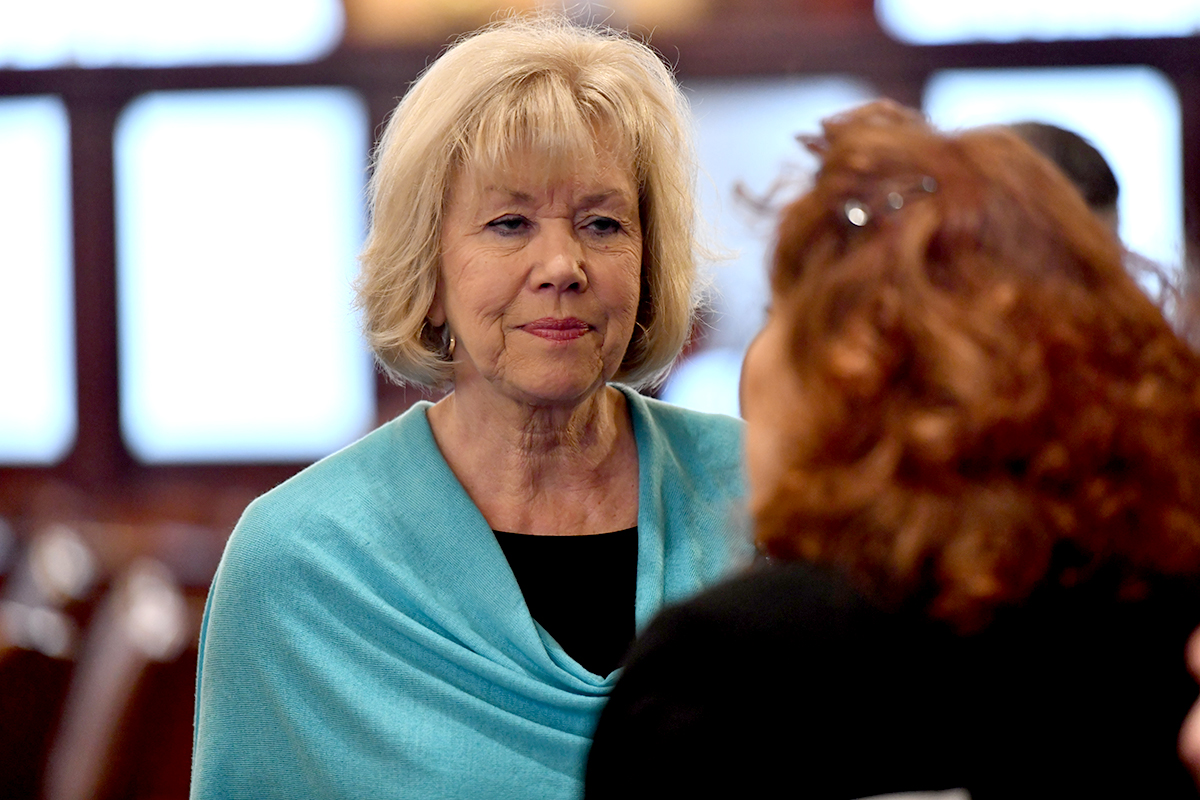SPRINGFIELD – Following a wave of corruption and indictments among state officials, Senator Julie Morrison (D-Deerfield) is calling on lawmakers to pass a comprehensive ethics package, including restrictions on revolving door lobbying, updates to the statement of economic interest forms and new provisions regarding conflict of interest.
“People should not be allowed to be a lawmaker one day and a lobbyist the next,” Morrison said. “Stopping lawmakers from auditioning for jobs with special interests while still in office will help end the glaring corruption taking place in Springfield.”
Since joining the Illinois Senate in 2013, Morrison has introduced bills each session to block the lawmaker-to-lobbyist revolving door. Those measures would prohibit lawmakers who resign from their post from taking jobs as Illinois lobbyists for a certain amount of time after they retire. However, they never made it through the legislature.
“I have tried to pass comprehensive revolving door policies for years, but it wasn’t seen as a high priority by all members of the General Assembly, despite the corruption happening around them,” Morrison said. “I am pleased Gov. JB Pritzker called on legislators to pass a revolving door provision during his State of the State address Wednesday.”
Morrison is a co-sponsor of Senate Bill 2463, which prohibits statewide elective officials, members of the General Assembly and administrative heads of state agencies from lobbying within two years of termination of service.
“A majority of states already have an anti-revolving door policy, and it’s time for Illinois to get with the times,” Morrison said. “There must be a fine line between who is a government official and who works for a special interest group.”
Illinois is just one of 13 states that does not have a revolving door policy.
During the legislative session, Morrison is lead sponsor of two other ethics-related bill – Senate Bill 2506 and Senate Bill 1827.
Senate Bill 1827 would create changes to the statement of economic interest form that must be completed by a number of state employees, candidates running for office and public officials to ensure they do not have financial ties to subjects they are working on.
Additionally, SB 2506 requires members of the General Assembly to disclose if they have conflicts of interest on measures they are taking official action on – which includes voting for a bill.






